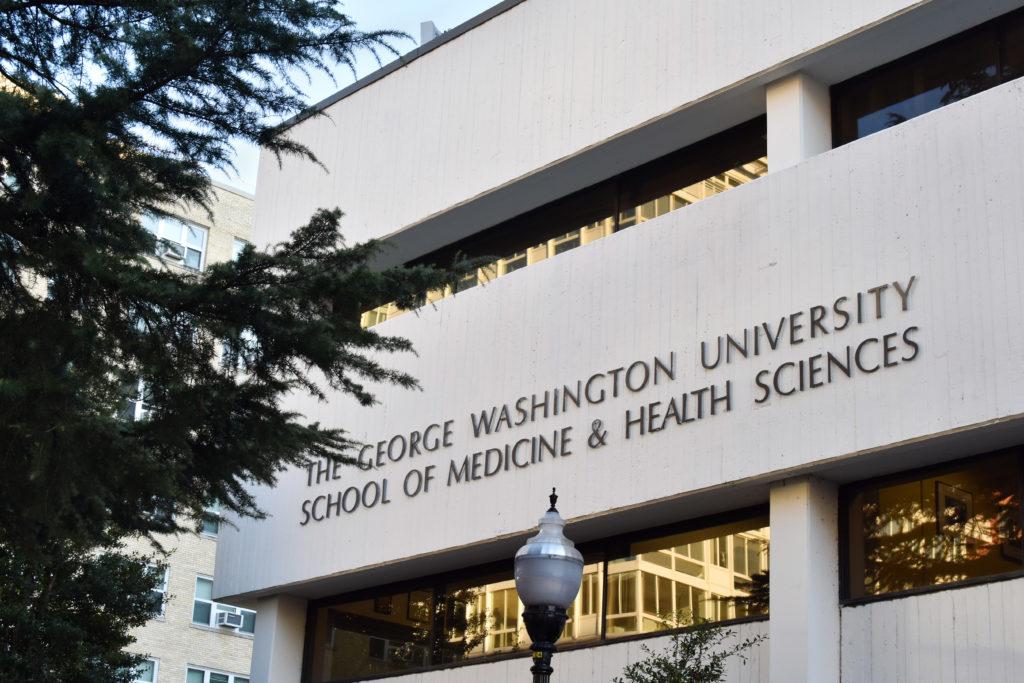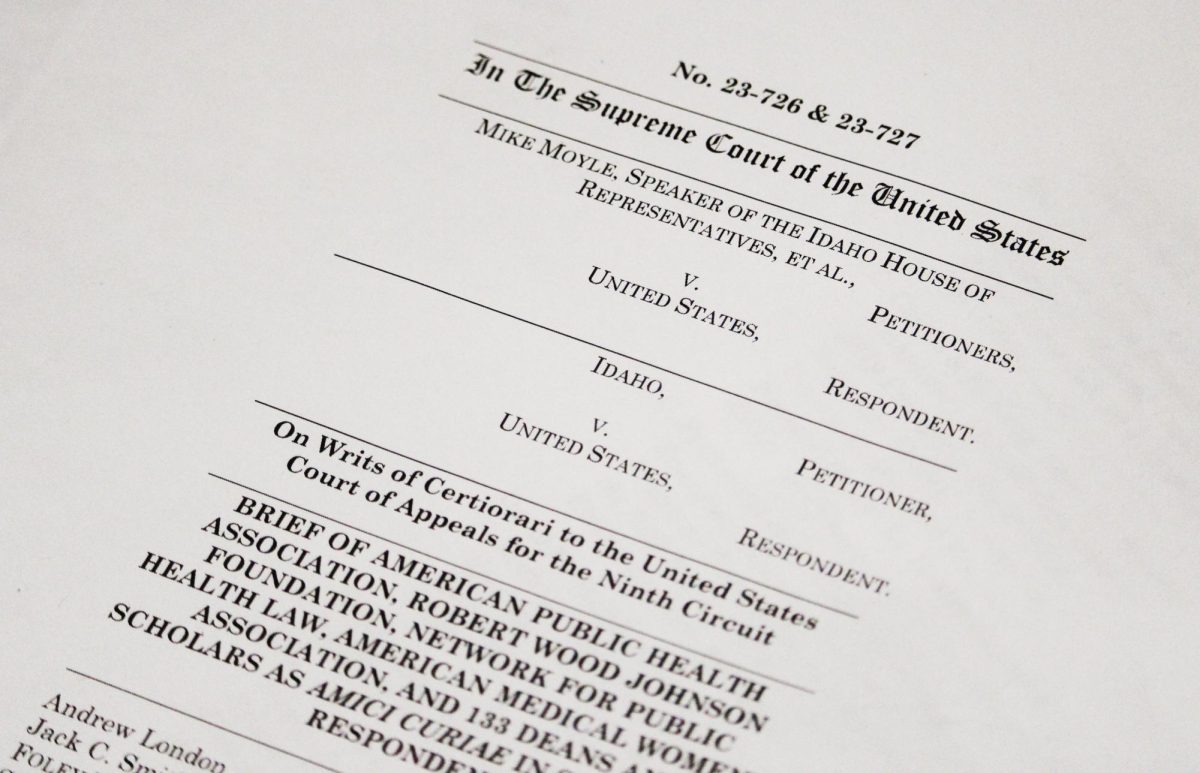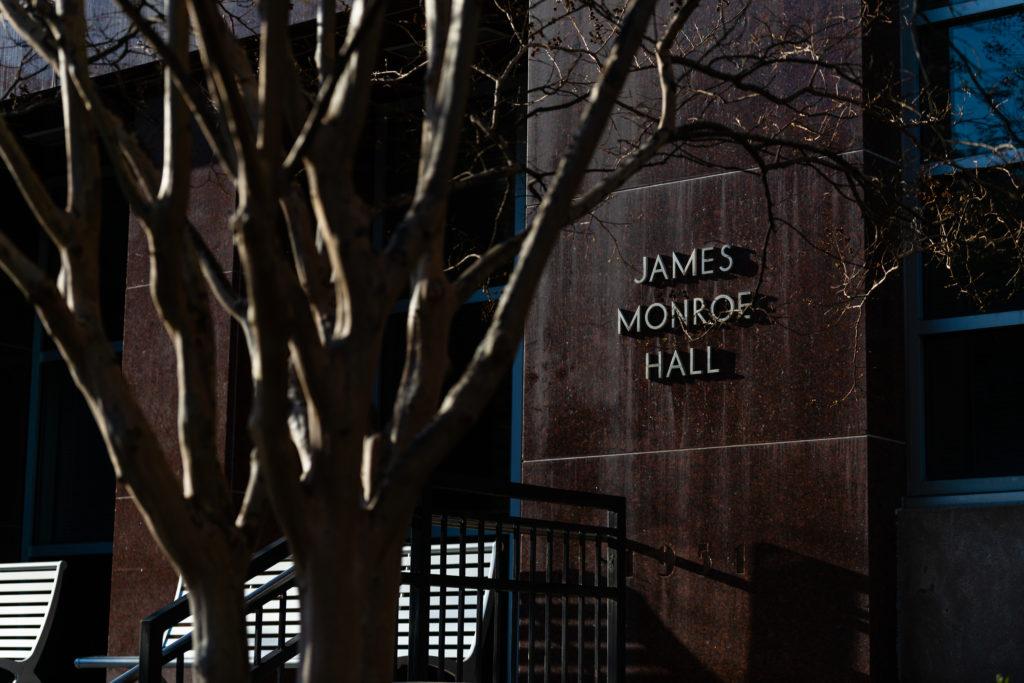School of Medicine and Health Sciences researchers found that nitric oxide could serve as a therapeutic to control the replication and spread of COVID-19, according to a University release Tuesday.
Nagasai Adusumilli, a fourth-year medical student in SMHS, and Adam Friedman, the interim chair of the dermatology department, co-authored a review studying the mitigating effects of the molecule nitric oxide on the coronavirus. The authors’ review, published in the journal Nitric Oxide, examined data from between 1993 and 2020 on the evolution of coronaviruses and nitric oxide’s potential as a treatment for respiratory illness.
“Nitric oxide plays key roles in maintaining normal vascular function and regulating inflammatory cascades that contribute to acute lung injury and acute respiratory distress syndrome,” Friedman said.
Nitric oxide is an antimicrobial and anti-inflammatory molecule, which kills microorganisms or stops their growth, according to the release. The authors’ review highlights the potential for inhaled nitric oxide to contribute to better clinical outcomes and alleviate the strain on health care supplies due to the pandemic, the release states.
The absence of a vaccine for COVID-19 and the high mortality rate of the virus dictate an “urgent” need for therapeutics that may control the virus, the release states.
“With the emergence of COVID-19 as a pandemic with the ability to overwhelm the body and our health care infrastructure, patients have a pressing need for effective agents that can slow the disease in their bodies and in their communities,” Friedman said.








